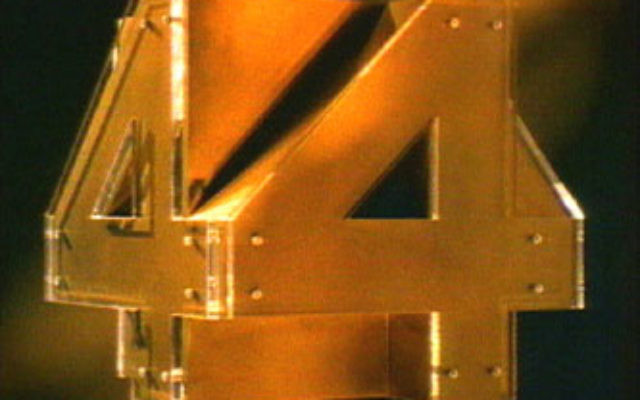Four corners but not the full picture
Islam Dar Ayyoub, one of the teenagers interviewed in ABC’s program, alleged that he was tricked into confessing.
What the report failed to mention is that a special court session was assembled to hear the claim that his confession was inadmissible – and found that it wasn’t.
The reporter, John Lyons, claimed in relation to Dar Ayyoub’s arrest that what the authorities “really want” is information about activists in his village – suggesting that there wasn’t genuine concern about his activities. Viewers weren’t told about Dar Ayyoub’s record.
He appears to be something of a compulsive stone thrower, having confessed to and been indicted on 35 counts throwing stones or rocks at Israeli targets. His case is still in the courts.
Lyons said of another teenager, Fathi Mahfouz, that he “would spend the next 82 days in prison – beginning with an interrogation.” This period of time was actually shorter than his sentence of 91 days, which he received after confessing to stone throwing in a plea bargain 11 days after his arrest.
What Lyons called the “18 day nightmare” of another teenager, Qsai Zamara, was actually a prison stint served until he was released on bail. He was subsequently sentenced for stone throwing, after being incriminated by another Palestinian minor and confessing. The 18 days that he served before his bail was counted as his sentence.
As far as the Israel military is concerned, the selective telling of the stories of the three teenagers interviewed isn’t the only shortcoming of the ABC program.
Lyons focuses on night-time arrests. But of the 1000 arrests of Palestinian minors in 2013, less than 17 per cent took place at night. When arrests are carried out at night, the IDF claims, there is no motive of creating fear, but rather simple operational concerns.
Maurice Hirsch, the IDF’s chief prosecutor in the West Bank, told The AJN that “in order to conduct arrests with the minimum amount of friction they are carried out during the night as when we have conducted arrests during the day there have been major riots.”
He dismissed the claims of aggressive tactics to extract confessions, saying: “The means of interrogation described in the article does not exist. There is no use of electric shocking, no use of wooden devices of any kind, no use of dogs in interrogation – this is simply unfounded and that is putting it lightly.” It is “simply not true” that the military uses tear gas without specific reason.
Hirsch said that the report “reflected the opinions of do-gooders who have no understanding of the working of the court.”
He said they failed, for example, to acknowledge that the rules of evidence are the same in military courts as in Israeli civilian courts. Confessions extracted under duress are inadmissible just as in civilian courts, making claims of untoward investigative techniques “ludicrous” as confessions based on them “would have no culpable value in court”.
He pointed out that there are clear timeframes for how long minors may be held before appearing in court – 24 hours for children aged 12 and 13, 48 hours for children aged 14 and 15. For 16 and 17-year-olds the timeframe is 48 hours for criminal offences and 96 hours for security offences.
In the report, Australian lawyer Gerard Horton drew attention to the different legal systems Israeli and Palestinian minors face. Hirsch acknowledged the systems are different, but said the important question is whether they would have the same rights and be subject to the same rules of evidence and due process, which he said they are.
The reason, he said, Israelis in the West Bank are subject to the Israeli civil system is the same reason Israelis in Australia are. “If an Israeli were to commit an offence in Melbourne, he could stand trial in Israel. The question is whether there’s a substantive difference [between justice for Palestinian and Israeli minors] and the answer is a categorical no.”
Gerald Steinberg, president of NGO Monitor, said: “The program and related accusations are part of an ongoing campaign exploiting allegations of mistreatment of ‘children’ as part of anti-Israel demonisation in Australia.”
Steinberg said the program “notably omits the context of Palestinian child soldiers – a fundamental moral violation by any standard. On March 11, 2013, Khakim Awad and Amjad Awad murdered five members of the Fogel family, including three children. At least one killer was a minor. And on an almost daily basis, Palestinian children are sent to rain down heavy rocks on Israeli cars – including fatal attacks.”
He added: “Instead of professional journalism and human rights reporting, this campaign reinforces the image of Palestinians as victims and relies primarily on organisations and individuals who have invested heavily in promoting this political campaign.”
NATHAN JEFFAY


comments